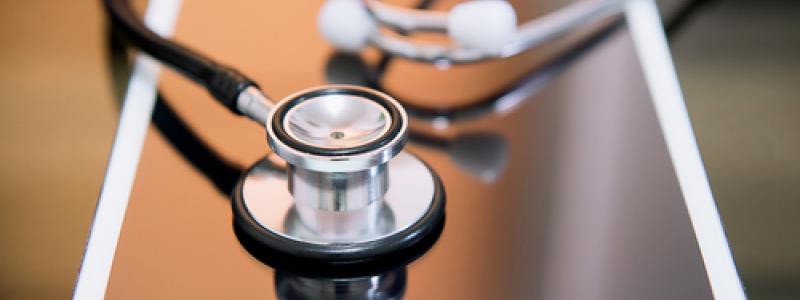FCC: Today’s improving mobile networks can impact healthcare costs

Yup, the wireless industry and healthcare are two distinct sectors, but recent advances in how mobile services are delivered by providers might just play a significant role in determining the costs of healthcare services and even their outcomes. At least this appears to be what the Federal Communications Commission (FCC) is starting to notice.
As pointed out by Brendan Carr, an FCC Commissioner, during a recent interview, visits to a clinic or to one’s preferred physician might soon be of the virtual kind, made possible by the arrival of the 5G era. Car further stated that these virtual visits would not only be easier for patients, but also be more cost effective (about 75 percent less cost) than the usual physical medical appointments. On top of that, outcomes could improve in quality, too.
Carr then proceeds to paint a scenarios in which a patient making a virtual visit makes it possible for doctors to highlight potential medical problems quicker, mainly due to consistency. By taking full advantage of advanced mobile networks, patients can submit medical information on a more regular basis, as compared to those who make physical doctor visits and are not able to attend appointments that frequently (because of a number of factors such as availability, forgetting the appointment, busyness, other pressing obligations, etc). The result is that those who visit doctors inconsistently often end up going when their medical problems have become far worse.
When Carr had paid a visit to Mississippi’s North Sunflower Medical Center, he realized that other medical practices can benefit greatly through remote monitoring. For example, glucose monitoring for diabetic patients is much cheaper and even more effective when done remotely, through wireless networks. In the North Sunflower Medical Center, doctors have collaborated with C Spire, Intel, GE, the University of Mississippi Medical Center, and even the state of Mississippi itself in order to provide connected tablet devices to patients to allow them to upload information from monitors and even keep in touch with caregivers. According to the doctors, these partnerships have helped reduce both blood glucose levels and Medicaid costs in the Magnolia State. These physicians are now looking to expand this set up to other chronically ill populations.
Even in emergency situations, mobile networks can help a lot -- victims of stroke who are connected to hospital staff via video conferencing during the ambulance ride can get admitted quicker, and even get faster access to blood clot medicine, preventing them from losing a fewer number of brain cells.
Related Blog Articles
- WhatsApp combats fake news with a new forwarded label
- Spotify allows Android users to reorder playlists; Pandora lets users share tunes to Snapchat Stories
- Report: Drug users are using wearable devices during binges
- Tello Mobile: DIY affordable phone plans
- Why You Should Consider Consumer Cellular Service
- Verizon Wireless text outage affected “a ton of customers”
- Verizon’s new Just Kids plan is made for kids
- T-Mobile offering 3rd line for free to new and current subscribers
- China Mobile does not stand well with the FCC’s decision
- Sprint’s 5G service now in four cities
Related Blog Posts
- Report: Drug users are using wearable devices during binges
- Spotify allows Android users to reorder playlists; Pandora lets users share tunes to Snapchat Stories
- WhatsApp combats fake news with a new forwarded label
- Did Apple Music already overtake Spotify in America?
- Mobile addiction: Are social media brands part of the problem?


 Menu
Menu